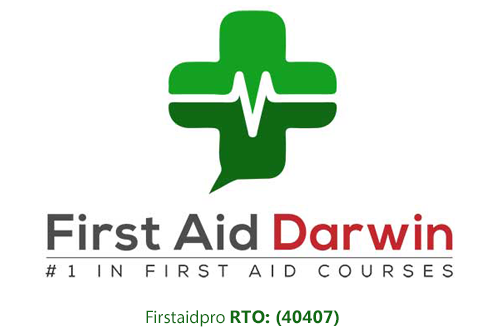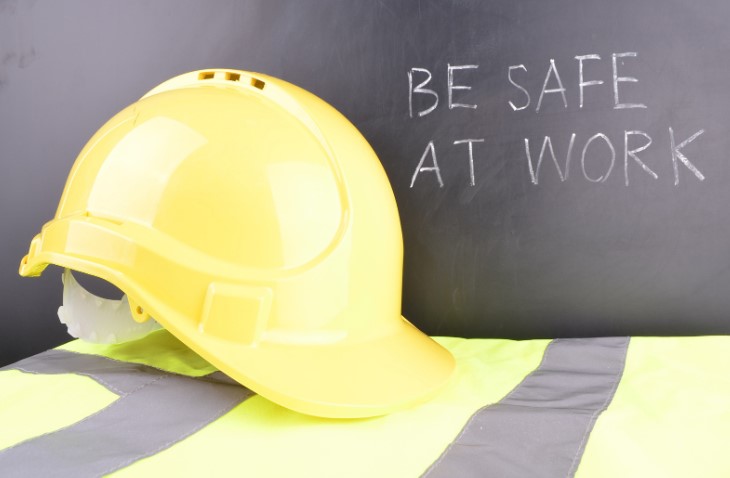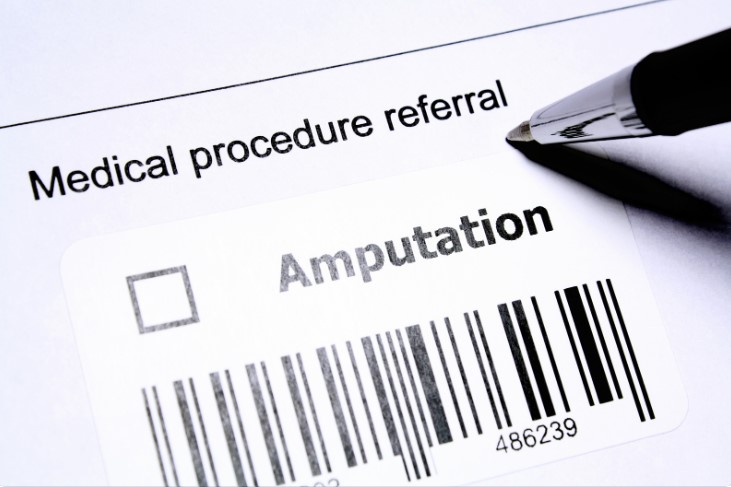There are many different jobs and professions that require CPR certification, and not just in the healthcare sector. A wide variety of industries are now seeking out staff with first aid qualifications.
Having a certificate in your name increases your appeal to an employer in a wide variety of industries and roles. In fact, in many cases, this is a condition of employment.
The Importance Of CPR
The ability to perform cardiopulmonary resuscitation (CPR) is a valuable skill for anyone to have, on both a personal and professional level. It provides people with the skills they’ll need to step up in an emergency when lives are on the line – which brings a unique kind of confidence.
People sometimes think that there’s little point taking CPR training unless you work in the medical field. But cardiac arrests don’t just happen when there’s a doctor or paramedic present. Many careers, including those restricted to the back office, can benefit from CPR certification.
Additionally, many workplaces outside of the medical field set it as a general requirement.
Getting a CPR certification is a responsible choice. The good news is that most employers and workers now understand the importance of this lifesaving knowledge.
7 Jobs That Require CPR Certification
Consider getting CPR certified if you belong in one of these fields.
Childcare Provider
One can never be too cautious when working with children. Teachers, nannies, babysitters, day-care providers, counsellors, coaches, and even parents are legally required have certification in both CPR and First Aid to work in their industry.
This also ensures they have the knowledge to deal with medical emergencies that occur outside the school-setting.
Firefighters And Law Enforcement Officers
Firefighters have a duty to rescue people from disasters and act as advocates for public health and safety. In performing their duties, a firefighter may need to perform CPR several times within a week in the course of their duties.
The same goes with law enforcement officers, whose primary responsibility is to protect lives (and property).
If you are considering a career as firefighter or law enforcement officer, it’s worth starting off by getting CPR training. Having certification already will show your commitment to preserving life and protecting those around you.
Coaches And Athletic Trainers
The reality is that while engaging in sports and other physical activities lowers the risk of cardiac problems long term, the strain placed on the body by intense exercise can trigger a cardiac arrest.
Hence, it is important for coaches and trainers to secure CPR certification so that in an emergency event involving their students or clients, they can provide help immediately.
Construction Workers And Electricians
The everyday duty of a construction worker often involves pouring cement, hauling heavy materials, and operating complex machinery. Electricians are tradespersons that design, install, and repair electrical devices in a building, or work with transmission lines, stationary machines, and more.
These physically demanding conditions of these roles creates a high-risk workplace, meaning access to CPR training is a must.
Lifeguards And Pool Attendants
Lifeguards are responsible for the lives of everyone in the pool or beach. The nature of the job expects them to have a solid knowledge of first aid skills – and CPR in particular.
Lifeguards and pool attendants should known how to use an AED, just in case a cardiac emergency occurs in or near the water.
Take note that there are specific rules when performing CPR for an infant or child, which is different from the common adult CPR.
To respond to the dangers of drowning and other medical emergencies, all lifeguards must be CPR certified.
Flight Attendants
Sudden cardiac arrest while onboard on a plane, with little to no access to emergency assistance, has an 86% chance of death prior to arrival.
For this reason, flight attendants and any airplane crews need to learn CPR, first aid, and the use of AED to apply in emergency situations.
The goal is to keep the patient’s condition stable while in the air, then hand them off to emergency responders on the ground. Doing so greatly increases their chances of survival and prevents lifelong complications or even death.
Medical Careers
The medical field is one of the most obvious industries where CPR certificates are mandatory. This is true for doctors, nurses, medical assistants, and paramedics – all of which are professions that require a deep knowledge of first aid for when an emergency arises.
All professions relating to providing medical care must be able to perform CPR and other first aid techniques should the situation requires it.
Advance Your Career And Save Lives With CPR Training
Acquiring CPR certification will increase your value for to safety-minded employers and it also provides the skills, knowledge, and confidence needed to handle an emergency safely.
Learning how to perform CPR and other basic life skills that everyone should consider .
Never miss out on a job opportunity due to lack of training. Find a CPR course near you.








